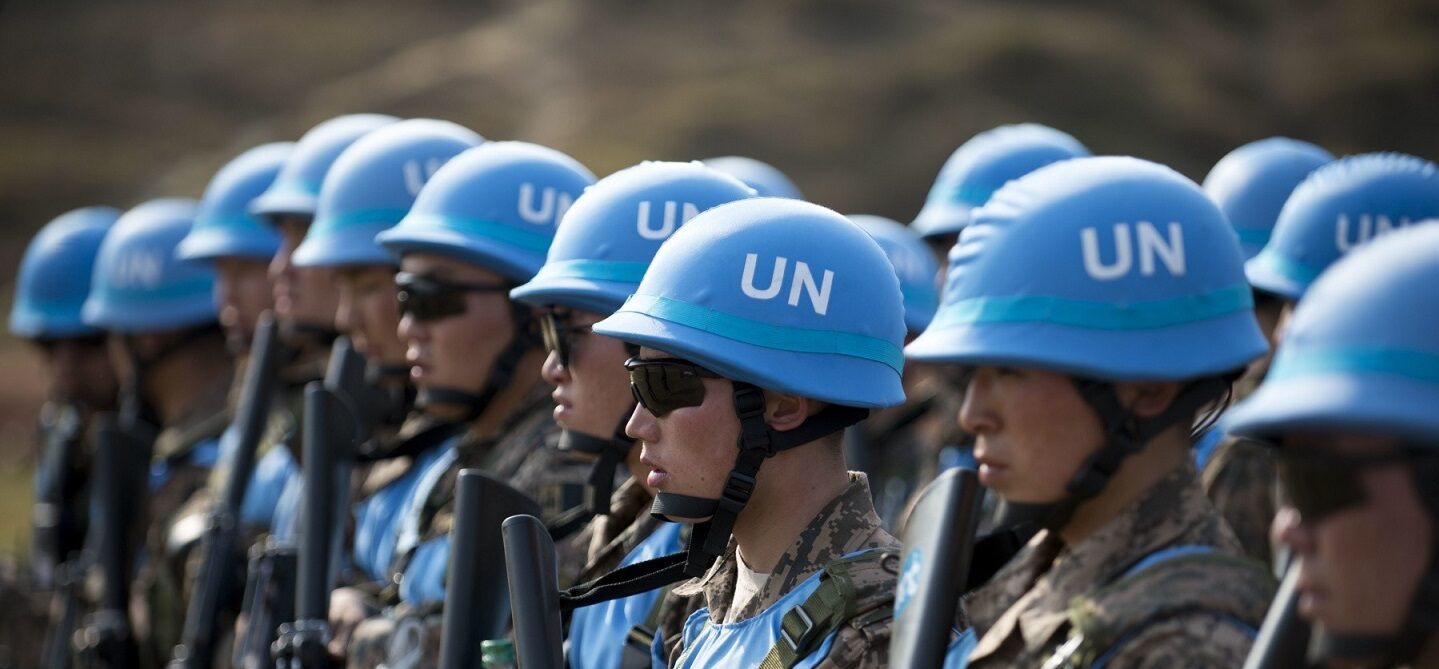PL SC 503
Multivariate Analysis for Political Research
Professor Christopher Zorn
This is the second (full) course in quantitative methods in Penn State’s political science Ph.D. program. The course introduces students to regression-type models for the analysis of quantitative data, and provides a basis of knowledge for more advanced statistical methods. The course assumes basic math literacy, including familiarity with probability theory, properties of estimators, rudimentary calculus, and linear algebra. The bulk of the course will focus on general models of the form Y = f(XB) + e, and will include discussions of the mathematical bases for such models, their estimation and interpretation, model assumptions and techniques for addressing violations of those assumptions, and topics related to model specification and functional forms. Under this general framework, we will also provide a very brief overview of regression models for binary, ordered, unordered, and event count variables.
Tuesdays & Thursdays, 11:15 a.m. – 12:30 p.m.
110 Mateer Building
~~~~~~~~~~~~~~~~~~~~~~~~~~~~~~~~~~~~~~~~~~~~~~~~~~~~~~~~~~~~~~~~~
PL SC 511
Professional Norms in Political Science
Professor James Piazza
This course has two main related goals. The first is to help you get the most out of your graduate school experience. The second is to help prepare you for becoming an academic, both by developing a better understanding of the profession and of the job market. We will discuss how best to approach coursework, GA assignments, the MA essay, and other research endeavors so that your job portfolio is as strong as it can be. We will consider ideas and suggestions for developing good research questions, writing an MA essay, and using summers judiciously. Other topics will include strategies for effective conference attendance; the responsible conduct of research; and how the job market works and how to prepare for it.
Students will be expected to attend each and every session, participate in seminar discussions, and complete weekly assignments. Grading for the course will be pass/fail.
Note: You should enroll in this course if you are entering the second semester of your first year. This is a required, 1.5 credit course.
Mondays, 1:30 – 3:00 p.m.
301 Boucke Building
~~~~~~~~~~~~~~~~~~~~~~~~~~~~~~~~~~~~~~~~~~~~~~~~~~~~~~~~~~~~~~~~
PL SC 518/SOC 518
Survey Methods I: Survey Design
Professor Eric Plutzer
Survey methodology is concerned with techniques designed to collect data by (a) asking people questions, and (b) aggregating those answers in ways that generate valid and reliable inferences about a population of individuals. This course, one of two courses that introduce survey methodology to students, is primarily concerned with the science of collecting data (while PLSC/SOC 519 is primarily concerned with analyzing data). Topics will include: Sample recruitment and panel study retention, Questionnaire design, Essential features of collecting data via face-to-face interviews, by live telephone interviewers, by pencil and paper questionnaires, and by surveys conducted via internet and mobile technologies.
Mondays, 6:00 – 9:00 p.m.
113 Keller Building
~~~~~~~~~~~~~~~~~~~~~~~~~~~~~~~~~~~~~~~~~~~~~~~~~~~~~~~~~~~~~~~~
PL SC 542
American Political Behavior
Professor Suzanna Linn
This course surveys major themes in theory and research on electoral behavior and political participation generally. Readings will cover topics in public opinion and elections including: presidential and congressional elections; economic inequality and political behavior; political participation; the nature of belief systems within the public and the evaluation of political leaders. The primary goal is to immerse students in the substance and research of political behavior and to get students to think about questions and how to answer them. This means seeing what other people have done and synthesizing it, framing questions, developing methods, and considering measurement. To that end, students will be required to do extensive reading and writing. Seminar participants will be expected to write a research proposal over the course of the semester. A final exam will be given.
Mondays, 9:05 a.m. – 12:05 p.m.
236 Pond Lab
~~~~~~~~~~~~~~~~~~~~~~~~~~~~~~~~~~~~~~~~~~~~~~~~~~~~~~~~~~~~~~~~
PLSC 552
Comparative Political Institutions: Social Movements and Revolutions
Professor Lee Ann Banaszak
This course will explore the nature of contentious collective action, specifically social movements and revolutions. While the course takes a comparative perspective, a significant amount of the literature focuses on social movements in the United States. We will look at the major theories that sociologists and political scientists have used to explain the mobilization, development and outcomes of social movements. Additional specific topics include participation in protest or other types of social movements, movement tactics, the institutionalization of social movements, state repression and the role of the state generally, and transnational social movements. Students will be evaluated based on their class participation, a series of short response papers, a mid-term examination, and a research proposal paper.
Tuesdays, 1:00 – 4:00 p.m.
202 Carpenter Building
~~~~~~~~~~~~~~~~~~~~~~~~~~~~~~~~~~~~~~~~~~~~~~~~~~~~~~~~~~~~~~~~
PLSC 563
International Political Economy
Professor Boliang Zhu
This is an advanced graduate course on international political economy (IPE). The goals of the course are to (i) review recent research in IPE, (ii) prepare doctoral students for the comprehensive exam in International Relations in general and more specifically, International Political Economy and (iii) encourage students to form original ideas for promising research projects in the area of international political economy. This seminar focuses on key issues in international political economy, such as trade, foreign direct investment, international finance and monetary policy, foreign aid, development, and international institutions and cooperation. We will investigate the role of international institutions in economic relations and the effect of domestic politics on international cooperation in the areas of trade, investment and finance, as well as attempt to identify the “state of the art” in international political economy.
Thursdays, 1:00 – 4:00 p.m.
236 Pond Lab
~~~~~~~~~~~~~~~~~~~~~~~~~~~~~~~~~~~~~~~~~~~~~~~~~~~~~~~~~~~~~~~~
PLSC 597
Terrorism
Professor James Piazza
This course is a survey of current qualitative and quantitative social science research and literature on terrorism and counterterrorism. In addition to examining the political, economic and social causes and consequences of terrorism, it also investigates trends in research design and data encompassing the study of terrorism.
Wednesdays, 1:00 – 4:00 p.m.
303 Rackley Building


